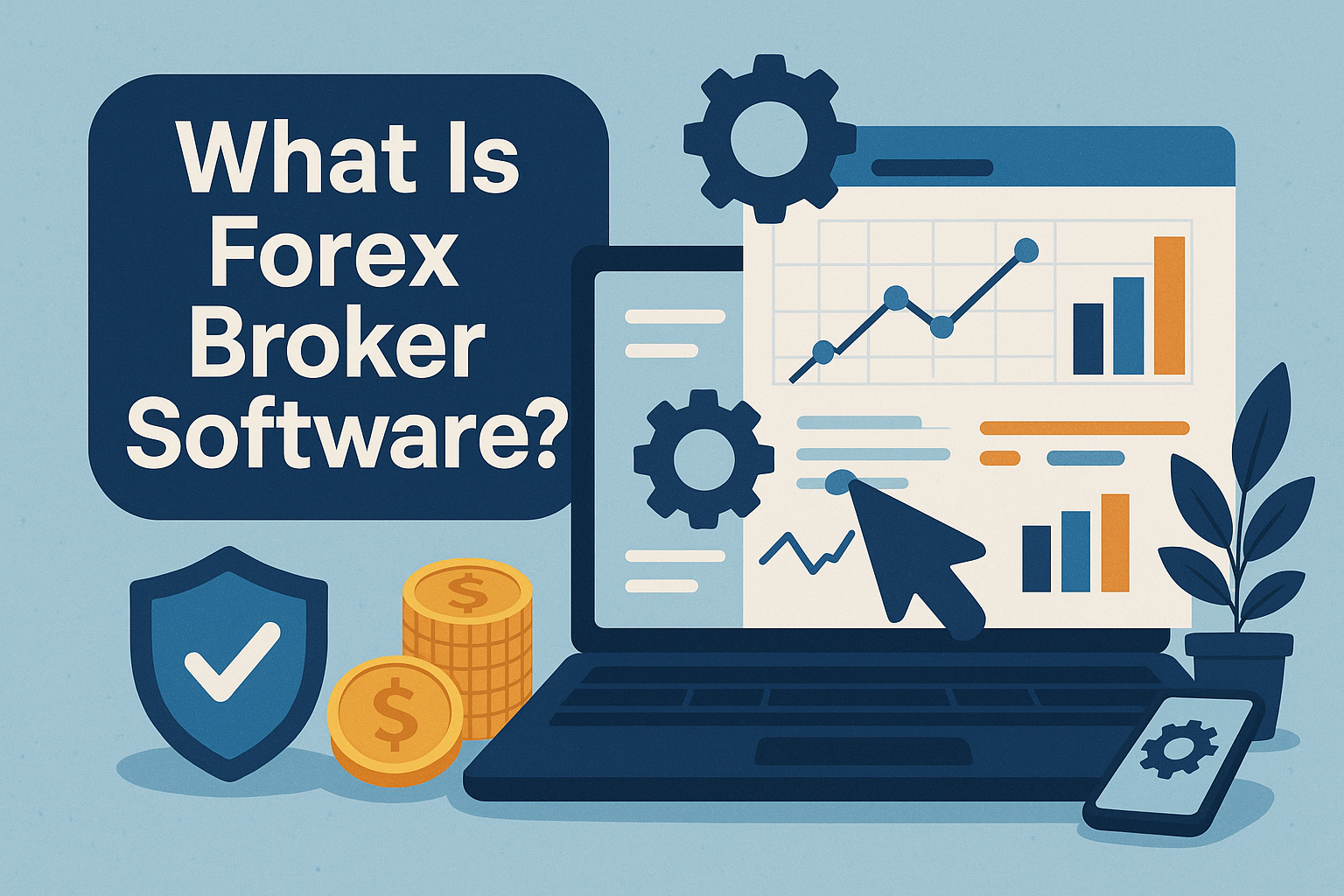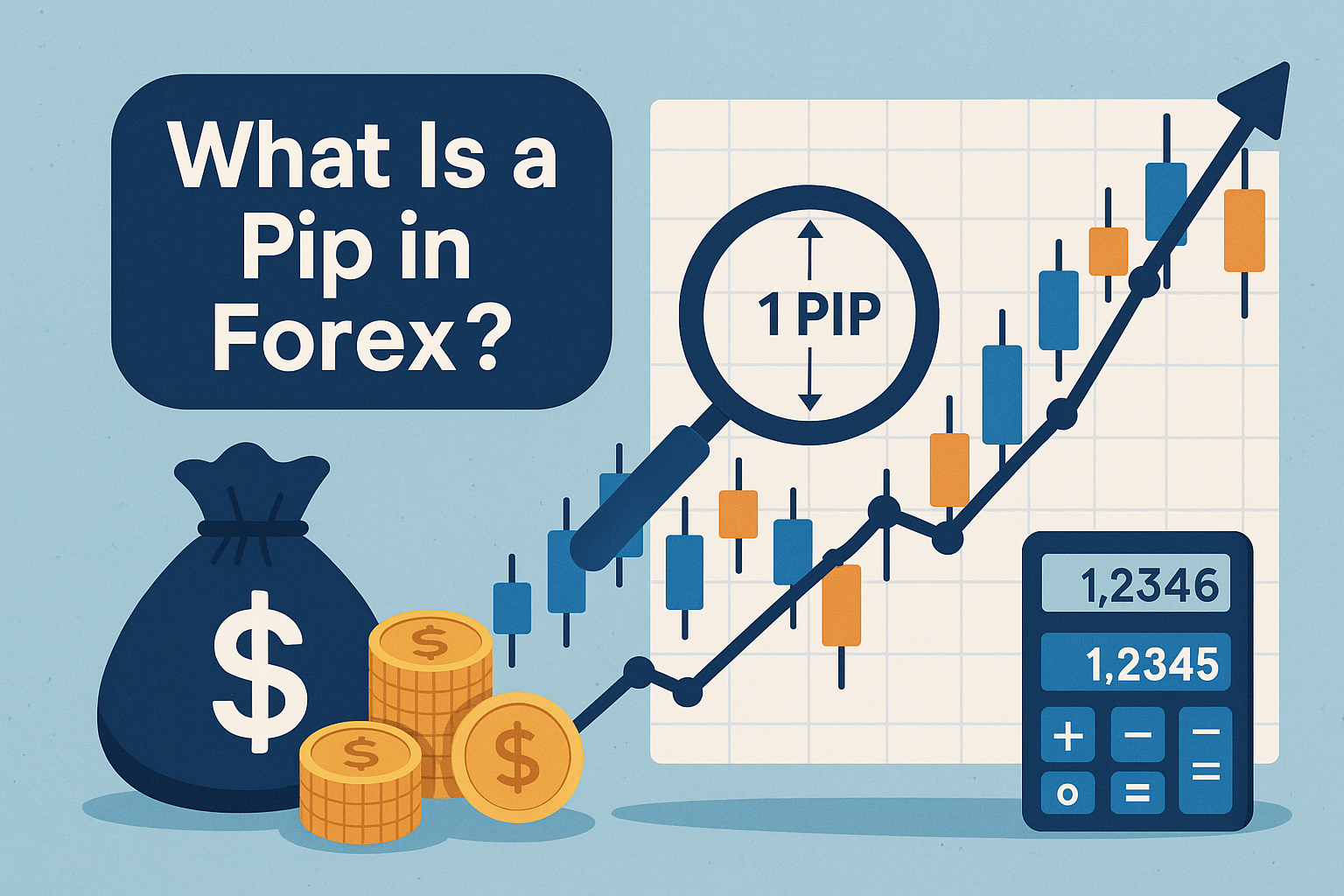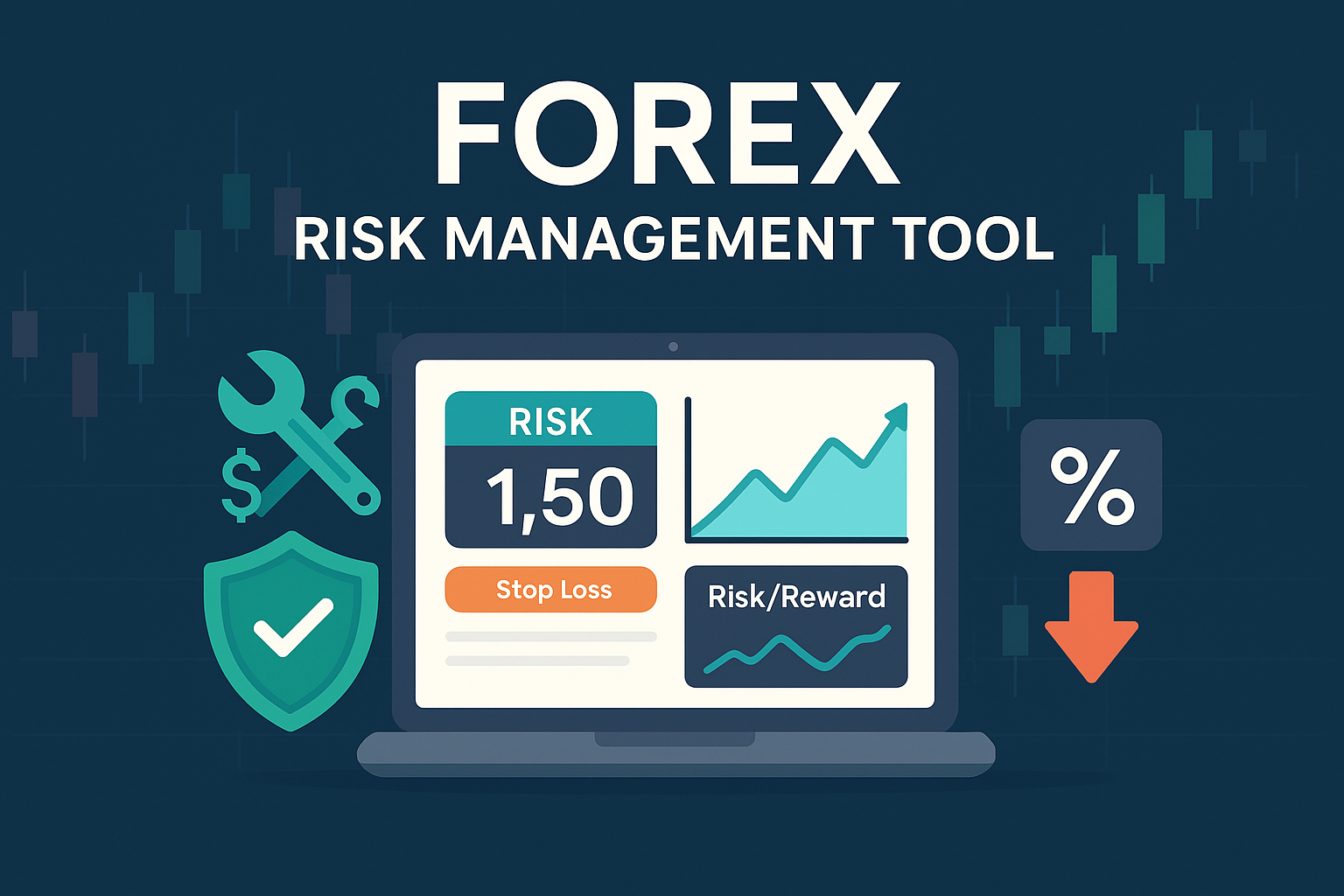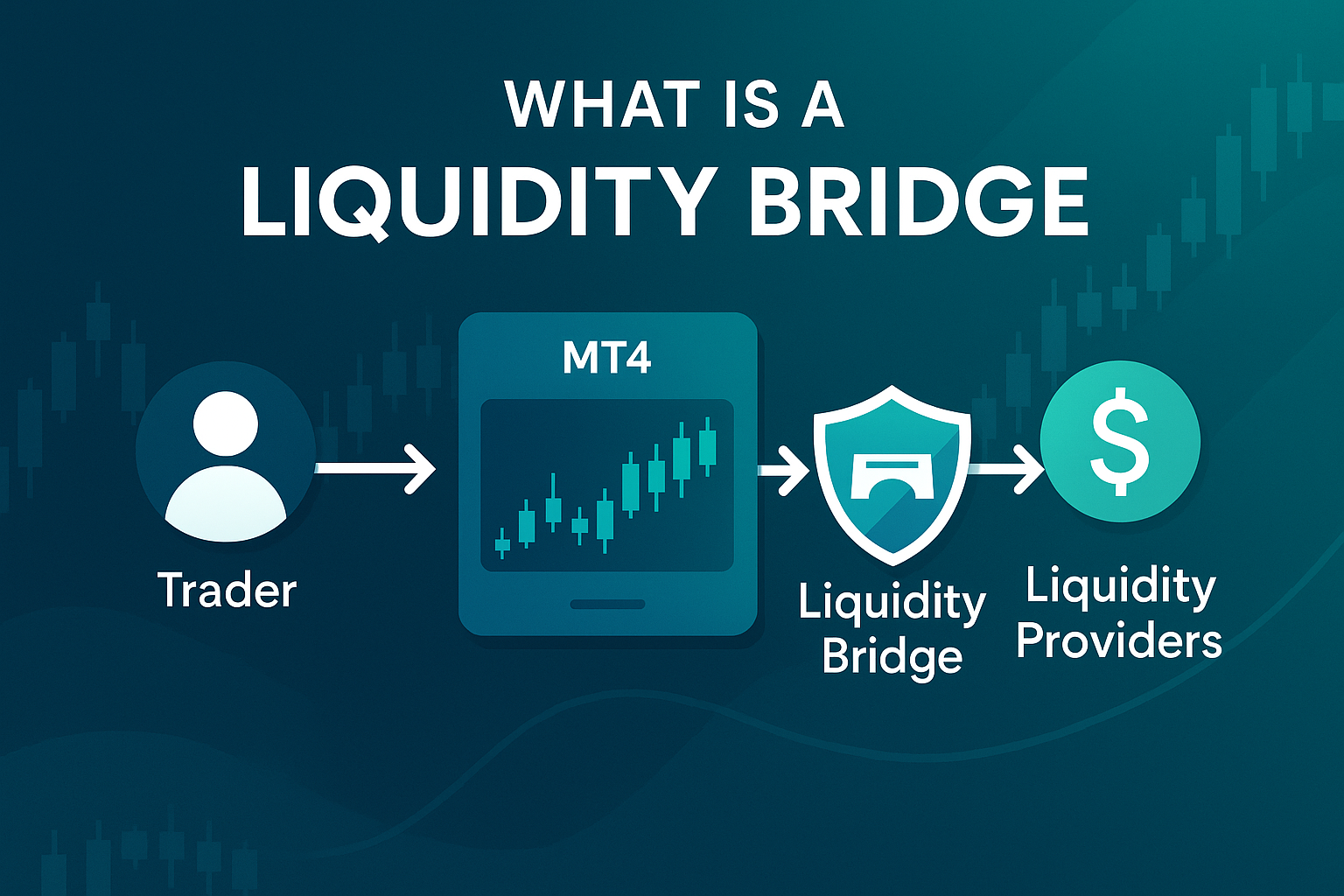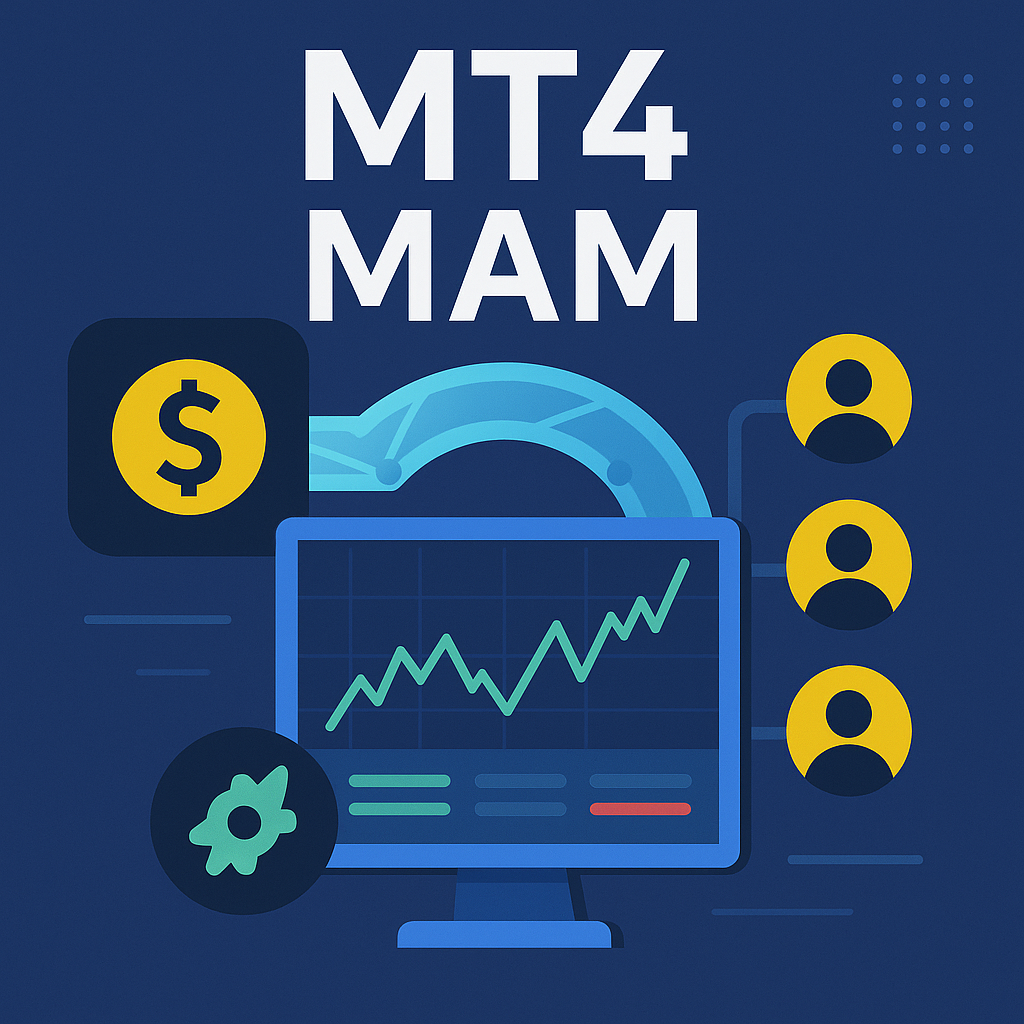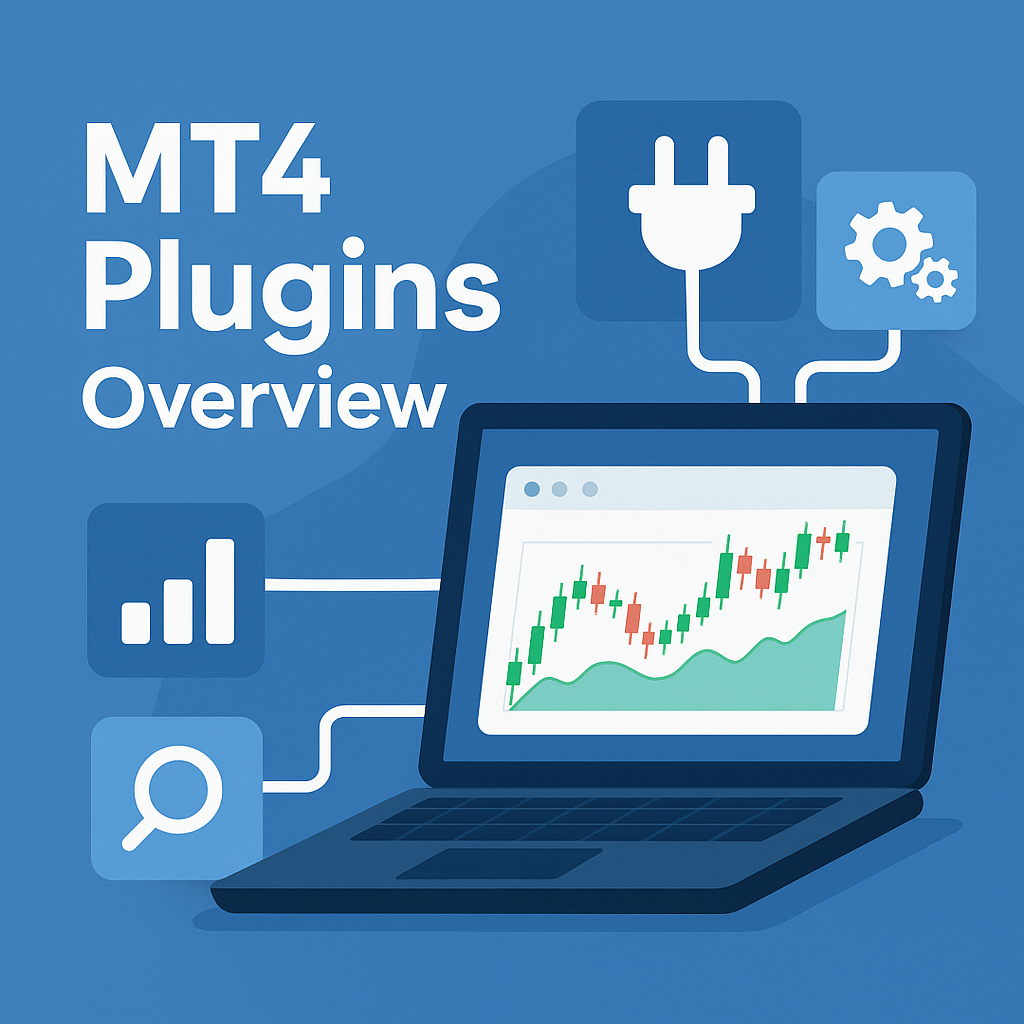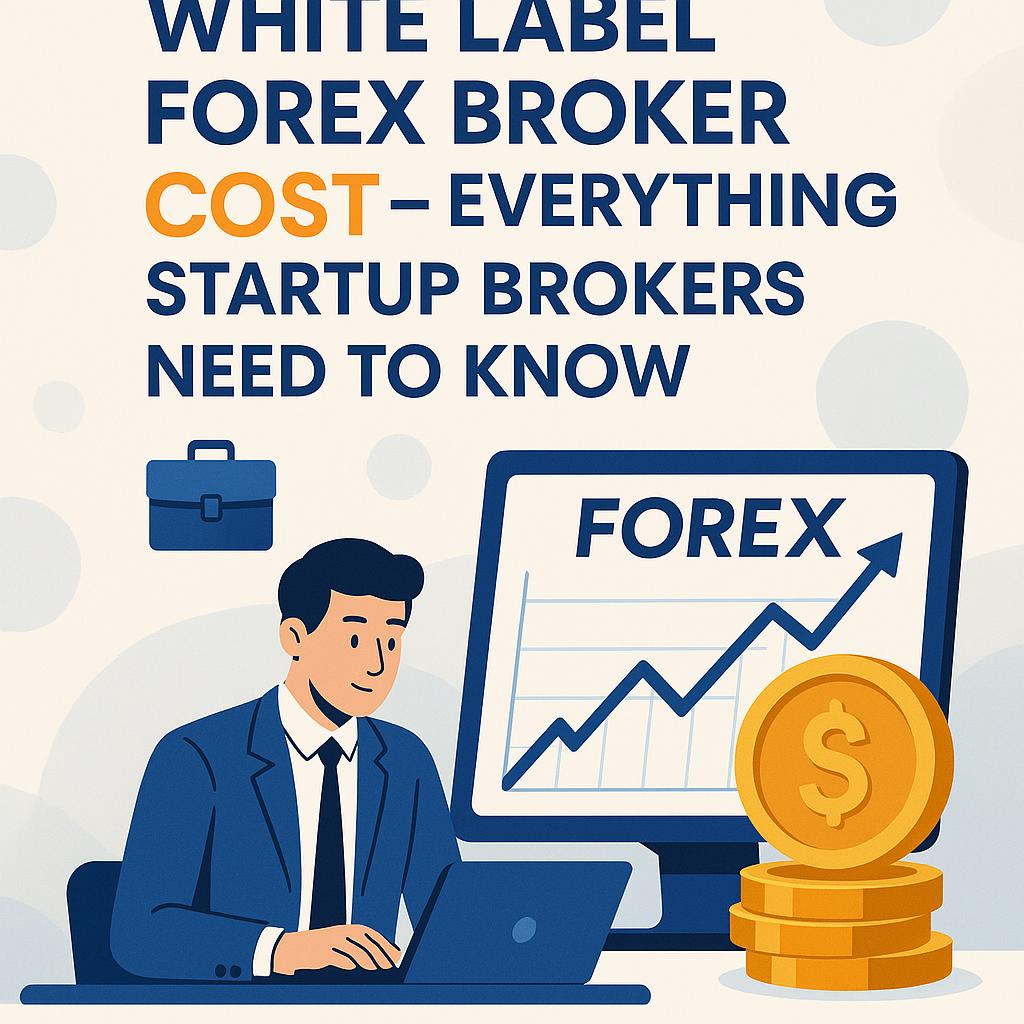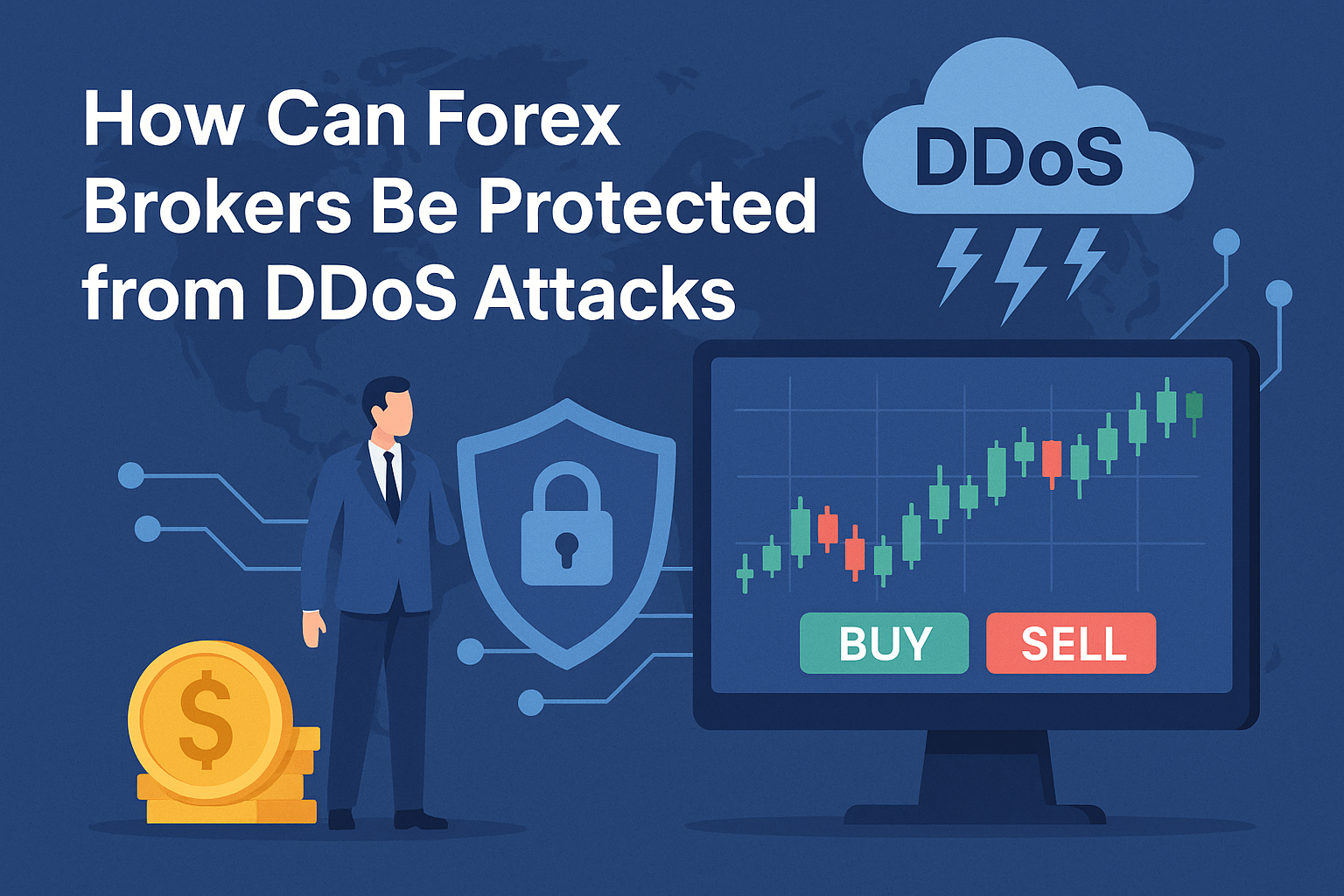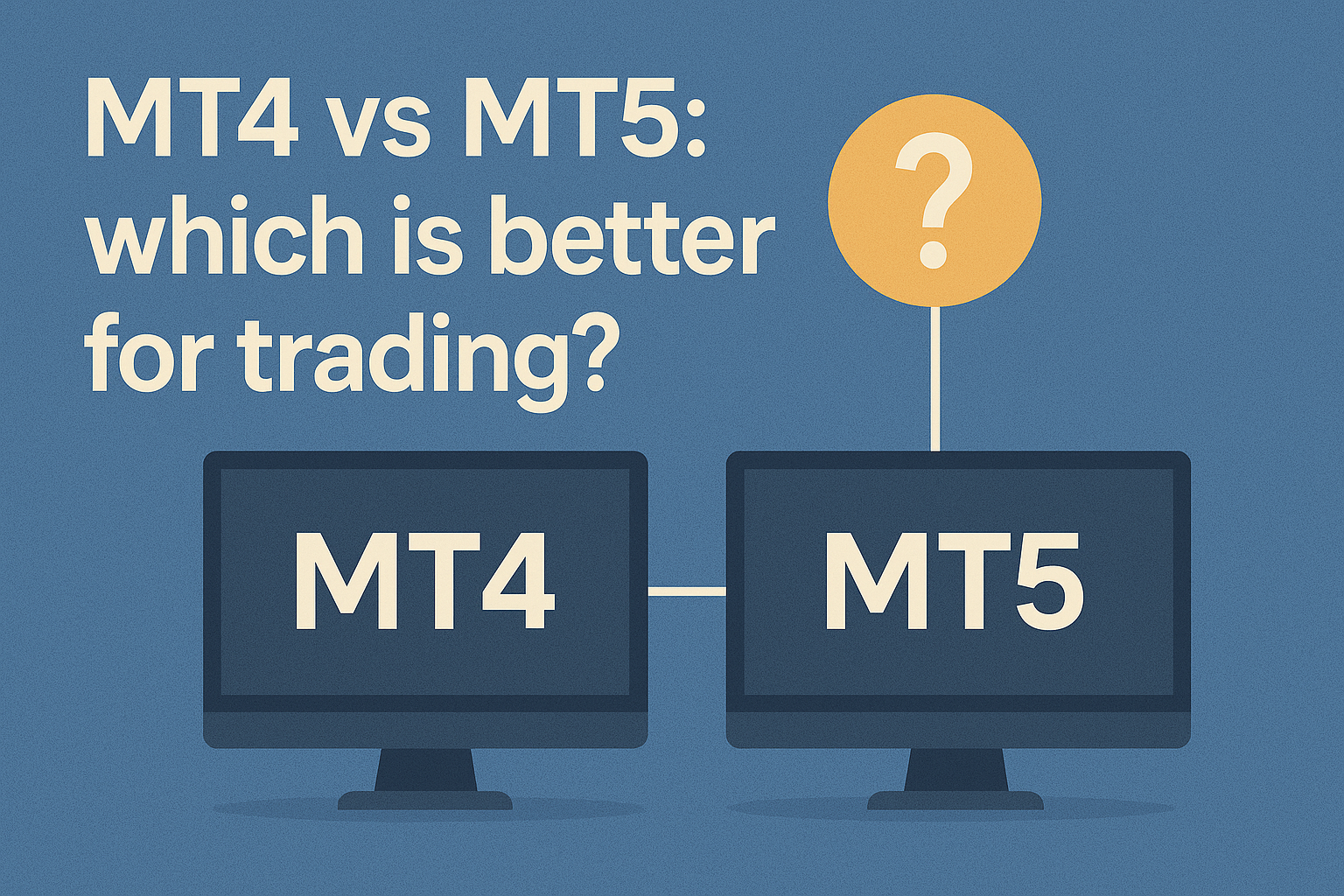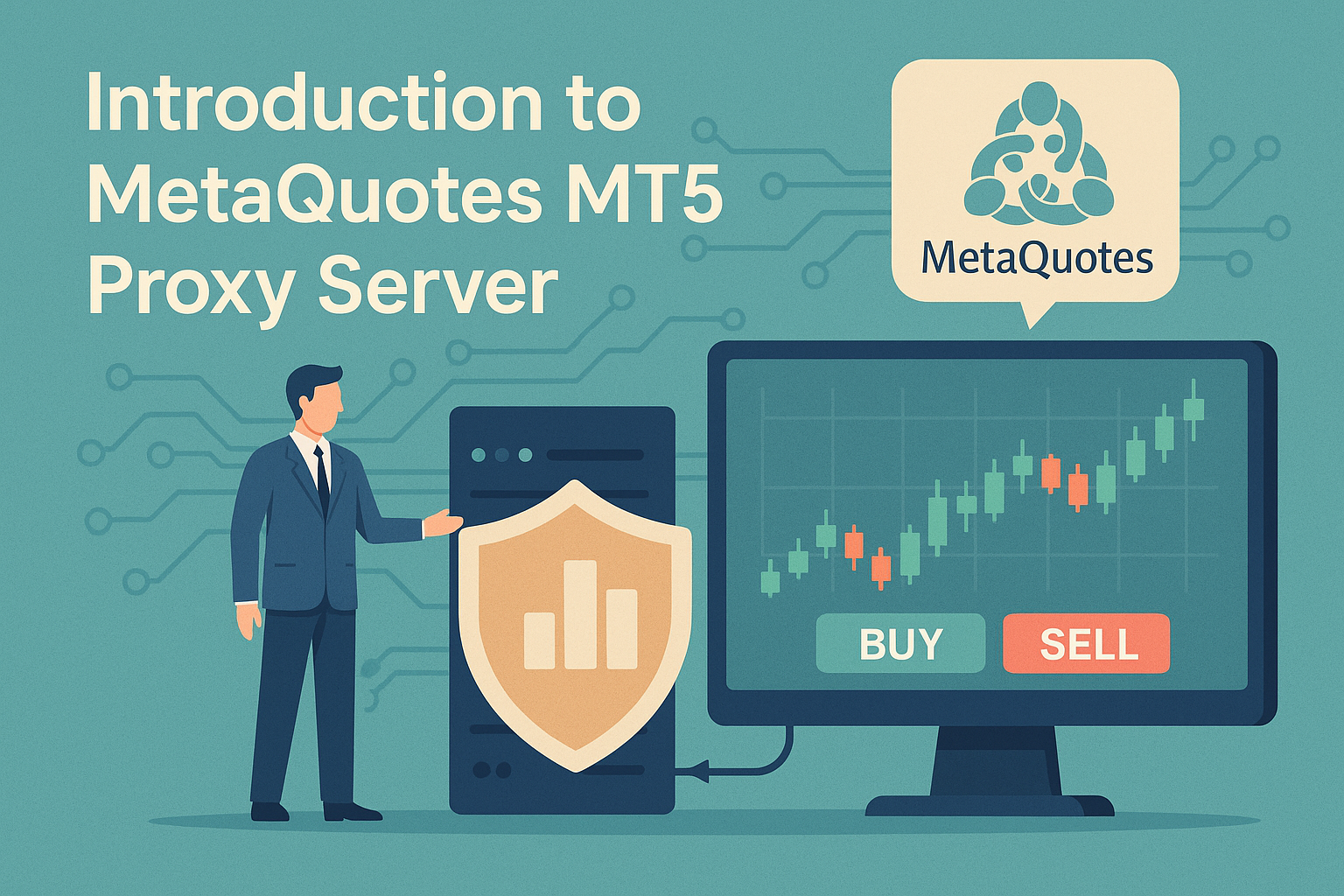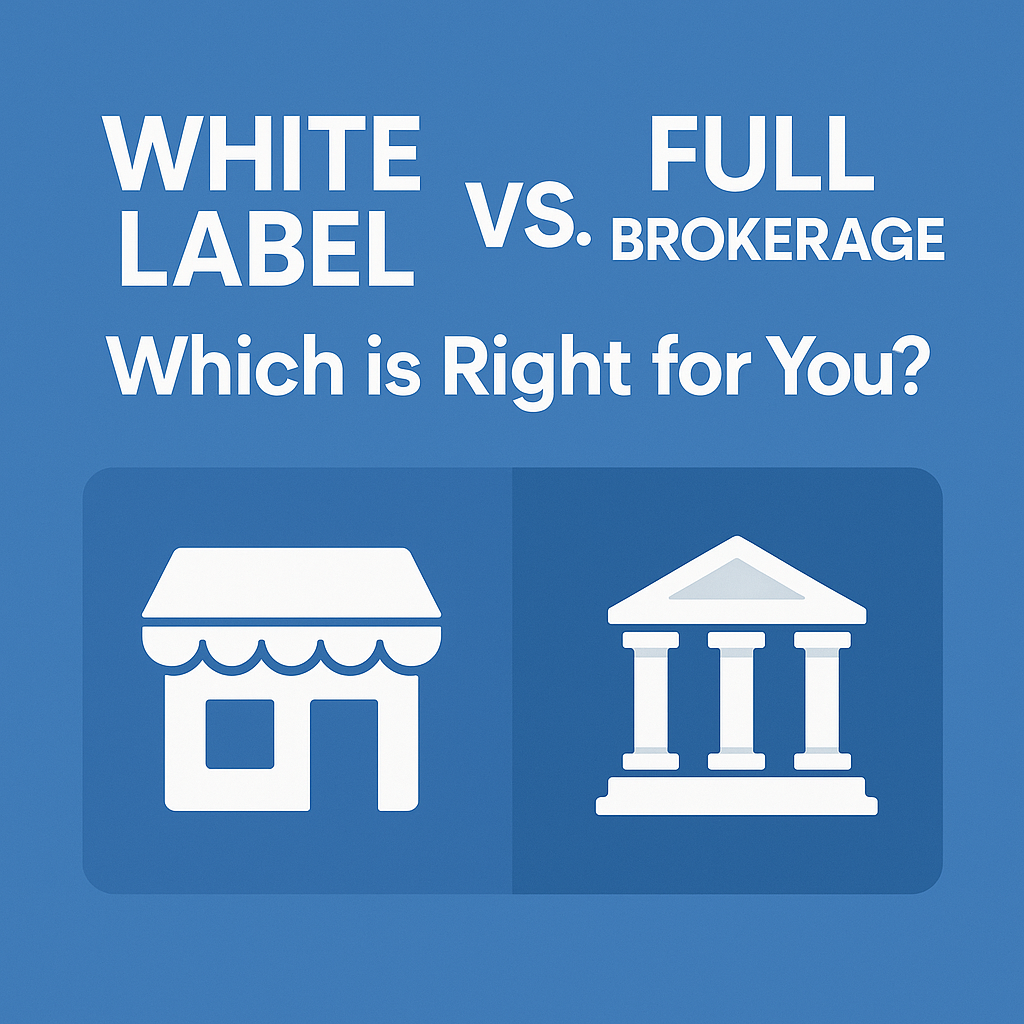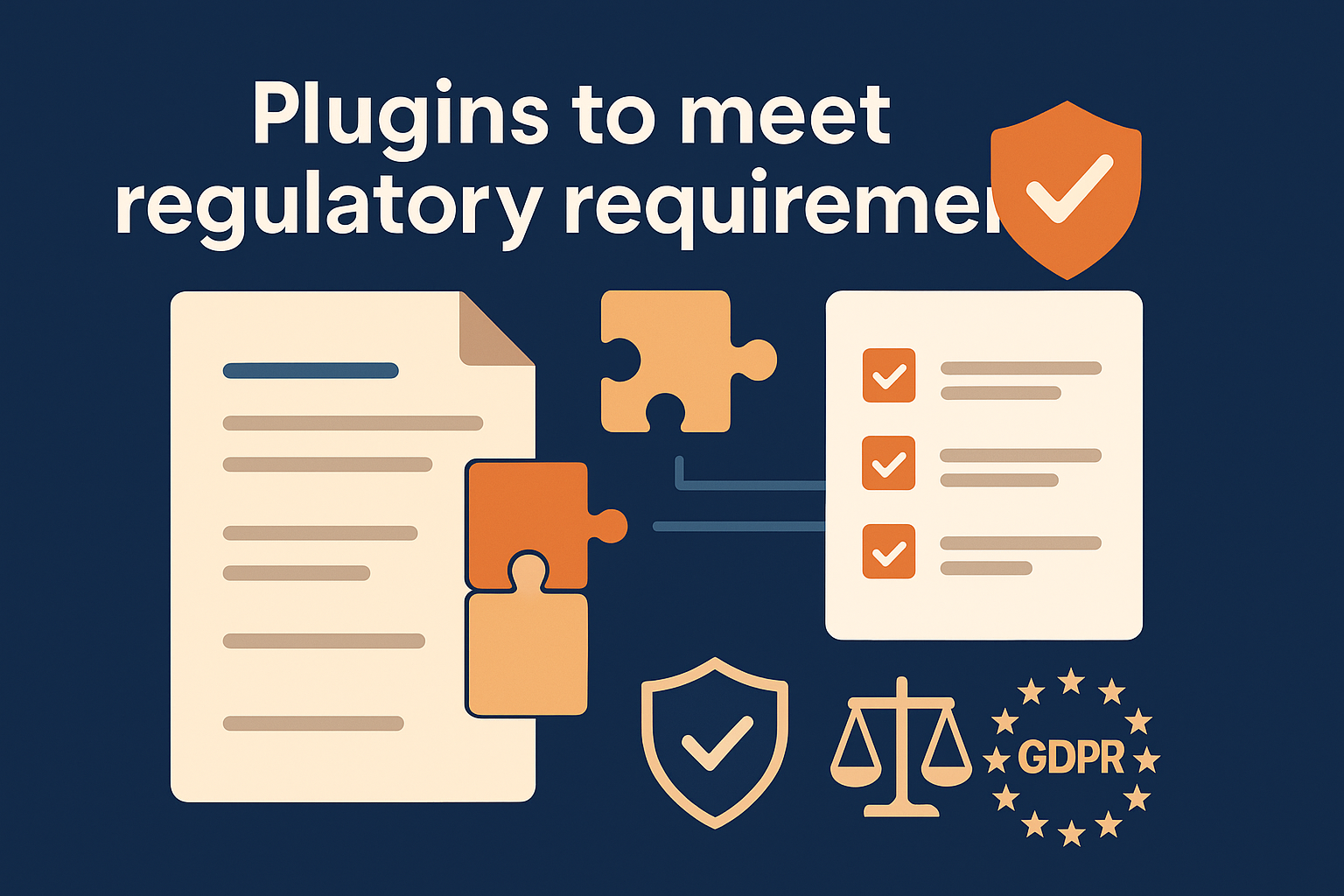
Every day, financial and crypto platforms have to follow more and more rules. To ensure investor safety and operational transparency, regulators set tougher requirements for businesses. This affects both regular financial markets and digital assets, where regulatory change is especially rapid. For platforms operating under multi-layered regulations, it’s crucial to not just follow the laws but also to adapt quickly as new ones come up.
Tech tools, like plugins, help automate compliance processes. They allow integrating KYC, transaction tracking, leverage control, negative balance protection, and other key requirements into the platform. Instead of creating these mechanisms from scratch, companies can use ready-made certified modules that comply with international standards. This not only saves resources but also speeds up time to market.
5 scenarios of collaborating with influencer traders
Collaborating with influencer traders has become an integral part of the marketing strategy for crypto and trading platforms. These partnerships help attract new audiences quickly, build trust in the brand, and boost user engagement. However, amid tightening regulations, such collaborations must be transparent and fully compliant with legal standards. Below are five common scenarios where specialized plugins help ensure regulatory compliance.
1. Automatic sponsorship disclosure
Influencers are required to disclose their partnerships with platforms. Specialized plugins can automatically monitor social media posts and video reviews to check for required hashtags and disclaimers (e.g., #ad or #sponsored). If a violation is detected, a notification is sent to the quality control team.
2. User traffic tracking
Plugins enable tracking of how many new clients came via influencer links, what actions they took, and the resulting financial performance. This ensures transparent payouts and supports regulatory reporting.
3. Content approval control
Additionally, plugins to meet regulatory requirements can filter and block content that violates financial advertising laws, such as promises of profit, misleading risk information, or aggressive language. This is especially important for compliance with regulations like ESMA or ASIC.
4. Payment calculation and auditing
Such tools can also maintain records of all influencer payments, generating reports on transactions and taxes. This simplifies financial reporting.
5. Regulatory documentation and logging
Every interaction is recorded — from campaign start dates to the exact content of publications. The platform can quickly provide a complete archive of interactions if there's an audit or a request from a regulator.
KYC/AML
KYC (Know Your Customer) and AML (Anti-Money Laundering) policies are cornerstones of modern financial regulation. Without proper implementation of these measures, a platform risks facing sanctions or losing its license.
Role of plugins in ensuring KYC/AML compliance:
- User identification. Plugins integrated with verification services automatically collect and validate documents, photos, income sources, and other user data.
- Sanctions screening. These tools cross-check client data with international sanction lists such as OFAC, EU, UN, etc.
- Behavioral analysis. Advanced solutions can easily analyze user behavior and detect suspicious activity.
- Jurisdiction risk management. Systems can block registrations from high-risk regulatory regions.
Integrating KYC/AML plugins reduces client verification costs, speeds up onboarding, and enhances the platform's resilience to legal violations.
Negative balance protection
Negative balance protection is a requirement enforced by many regulators. It ensures that traders do not lose more than they actually invested.
How plugins address this requirement:
- Real-time loss monitoring. Plugins monitor user account balances and automatically close positions if losses approach a critical threshold.
- Integration with margin systems. Enables real-time adjustments to margin requirements.
- Volatility analysis. These solutions use market volatility data to predict critical points and alert the system.
- Action logs. A log file is created for all automated actions, which can be provided to regulators if needed.
This is particularly important in cryptocurrency markets, where high volatility can lead to significant losses within minutes.
Leverage limits
Leverage limits play a key role in protecting traders from excessive financial risk. In many jurisdictions, including the European Union, regulators like ESMA have set clear limits on leverage — for example, no more than 2:1 for cryptocurrencies and 30:1 for major currency pairs. Failure to comply can result in fines, license revocations, or a platform’s removal from specific markets.
Integrating relevant plugins helps automate compliance with these requirements. Such modules automatically identify a user's category (retail or professional investor) based on collected data and set allowable leverage limits for each asset class. Moreover, plugins can dynamically adjust these values depending on the user's jurisdiction.
An additional feature is displaying risk warnings when a user attempts to use excessive leverage. This reduces the chance of customer complaints and increases the platform's legal protection.
Thus, using plugins for leverage control not only ensures regulatory compliance but also fosters a more responsible and sustainable trading environment.
And a bit about crypto assets
Regulators are particularly interested in cryptocurrencies and tokens. Some countries are introducing rules that equate crypto assets with securities or other financial instruments. This gives rise to a number of requirements:
- token classification – plugins help classify tokens (utility, security, stablecoin, etc.) based on the current legal status in the relevant jurisdiction;
- transaction monitoring – track large transfers, suspicious patterns, and mixing services;
- data storage – ensure encryption and logging of all token operations for future audits;
- tax reporting – automatically generate profit/loss reports for crypto assets for both users and regulators.
Cryptocurrency markets continue to evolve, and plugins are a tool that helps platforms stay compliant without losing agility and competitiveness.
Concluding remarks
With stricter rules in the financial and crypto markets, using specialized plugins meet regulatory requirements has become a necessity. They automate critical processes, from client verification and leverage compliance to loss protection and influencer management. These solutions help platforms comply with various legal obligations while reducing legal and operational risks.

